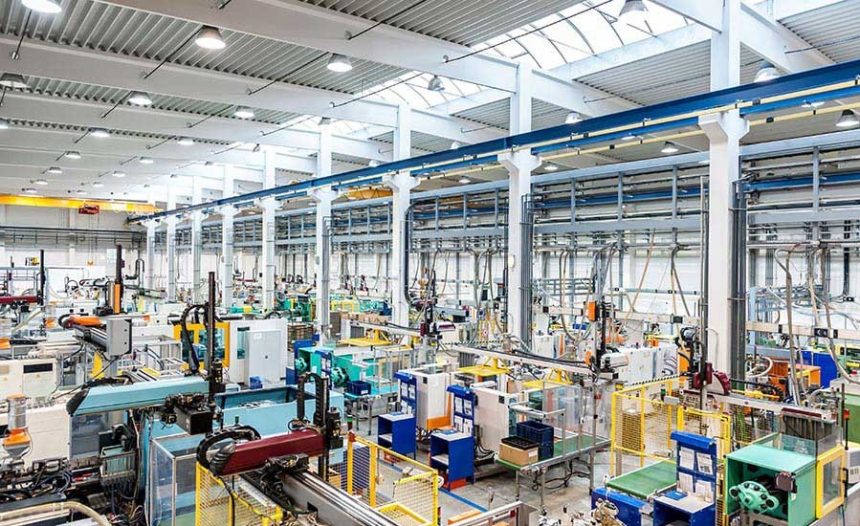As an industrial manufacturer, you’re going to need to buy a lot of components. You’ll likely need to buy individual parts not only for the machinery responsible for producing your products, but perhaps also for the products themselves.
This is a more important and influential decision than you might realize, as your choice in industrial components can have a massive impact on the productivity, efficiency, and reliability of your operation. For example, bearings and power transmission components are crucial components in many applications, and the quality, reliability, and composition of these components can directly impact your ability to perform.
How exactly are you supposed to shop smarter for industrial components like these?
The Benefits of “Smarter Shopping”
First, let’s take a look at the benefits of smarter industrial component shopping.
Less expensive components. One of the most obvious and beneficial perks of this approach is that you’ll likely score better deals. You can find less expensive components that still fulfill all your needs, saving money and increasing profitability in the process.
Better quality components. Similarly, applying the right strategy can introduce you to components of higher quality. Depending on the application, quality may be more important to you than factors like price or even availability.
Superior customer experiences. Don’t neglect the importance of overall customer experience either. Ideally, you’ll find vendors who want to work with you and who are willing to provide you with excellent service. If something goes wrong, is there someone you can contact? Does this company truly invest in its customer relationships?
Improved communication. Along similar lines, you should consider the flow of communication between you and your vendor partners. Smooth communication can prevent and/or fix most problems that might otherwise interfere with your business operations.
Security and privacy. Your choice in vendor can also affect your security and privacy as a business. Depending on your industry, this may be a high or medium priority for you.
Less time spent overall. With an efficient and consistent approach, you’ll spend less time shopping for the industrial components you need.
Industrial Component Shopping Strategies
Now, let’s take a look at smart shopping strategies that can help you with superior industrial component purchasing.
Know your goals and limitations. Before anything else, you should take a moment to explore your goals and limitations. Exactly what types of components do you need, what are your baseline requirements for those components, and are you subject to any strict limitations, like a budget or a tight timeline? This can help you narrow your scope of options and choose between otherwise similar products.
Set your priorities. There are probably many vendors who can fulfill your needs, but you’ll need to be able to choose between them. If you have a set list of priorities in mind, your decision will be much easier. What’s more important to you: service or price? Availability or reliability? A range of products or specialization?
Cast a wide net. Early in your search, you should cast the widest possible net. Don’t simply go with a vendor just because you’re familiar with them or just because they happen to have something that you need. Always take the time to explore alternatives and compare them against each other.
Seek referrals proactively. Referrals are arguably the best way to find new vendor connections and get access to high-quality products. If you have colleagues that you trust, ask them for firm recommendations, and get their opinion on vendors they have used in the past. It can be a valuable part of the vetting process and can set you up with a warm introduction.
Establish expectations for communication. You should also work proactively to establish expectations for communication with your vendor partners. Assuming you’re going to be buying industrial components from this seller in the future, it’s a good idea to establish a line of rapport and make sure they can provide the service you need.
Do your due diligence. Never assume anything. When reviewing different vendors and products, do thorough research to better understand their offerings, their reputation, and their approach to matters like privacy and security.
Always be open to changing. You’ll be much more successful if you’re open to switching vendors and products in the future. Your needs are likely going to evolve, and your purchasing strategy needs to evolve with them.
Industrial components come in all shapes and sizes, and can help you accomplish almost any manufacturing goal. With a worldwide network of distributors and producers, you should have no trouble finding good fits for your needs. But with the preceding strategies in mind, you can likely score better deals and end up with better components, ultimately pushing your business forward.














